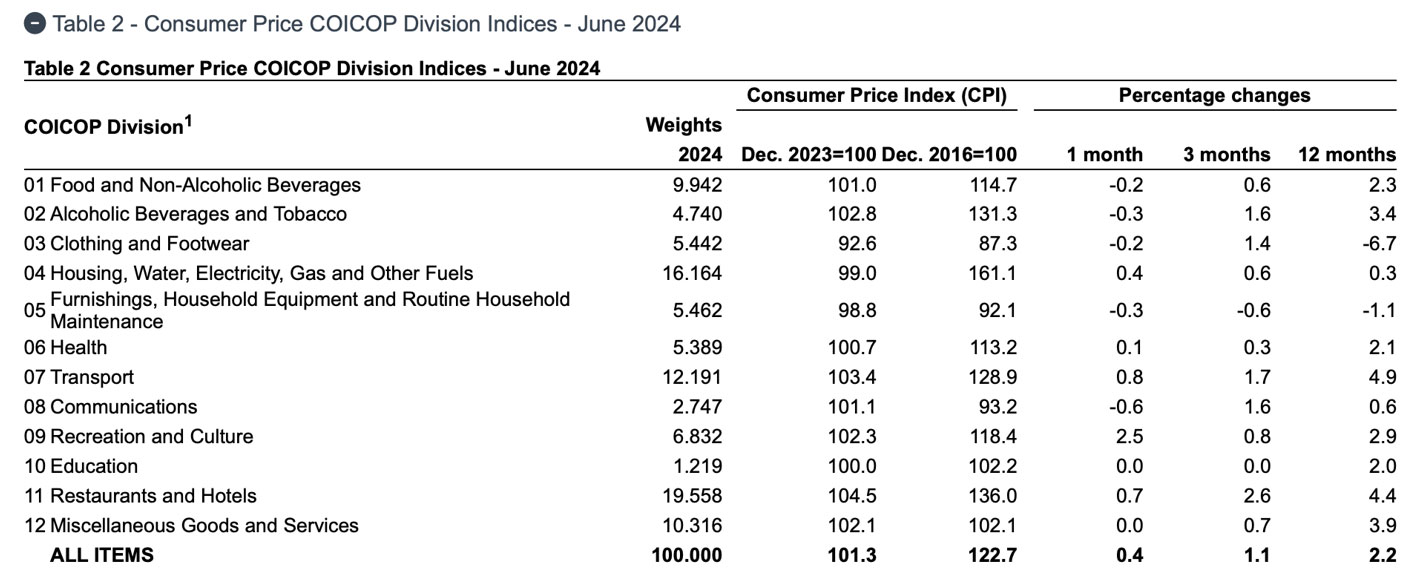
Ciaran Fitzgerald
Agri-food economist
Aspiration instead of action
There are several events and strategic reviews happening now that could impact the future of Irish agriculture. These include the recent EU Commission publication of the Strategic Dialogue on the Future of EU Agriculture as well as the recently puplished report called The Future of European Competitiveness, by Mario Draghi, on the requirement for a dramatic sea-change in new policies required to restore EU competitiveness.
Absence of meaningful policies
I have said before that it is a major weakness and a huge concern that official EU policy is highly specific and interventionist when it comes to: production methods; food-safety requirements; the control of the use of inputs like fertiliser and insecticides; and – as per the new EU dialogue – regulating the environmental impact of food production and increasing the promotion of plant-based diets.
There remains, however, an absence of meaningful EU policy measures or mechanisms to definitively align EU prices with ever increasing EU food-production costs. Indeed, the CAP dialogue, with its specific plan for ‘rebalancing towards plant-based diets’, for example, includes no insights on how below-cost selling or loss-leading pricing policies of supermarkets and discounters have all but obliterated EU producer margins in fresh fruit and vegetables. In summary, the dialogue report seems even more disconnected from price and income realities than previous CAP reform outlook documents.
The current hiatus between some retailers and the relatively new Irish agri-food regulator regarding reporting requirements only serves to highlight the reality that the powers of the regulator, as they relate to the overall EU approach to food pricing, are disconnected from the realities of the impact of everyday low pricing of the last 20 years.

Source: Central Statistics Office (CSO).
External food sourcing
As long as documents like the Strategic Dialogue on the Future of EU Agriculture remain blind to this food-pricing policy reality, the contention of EU food producers and processors that more and more of EU future food consumption will come from outside the EU will be the new reality. And, lest we forget, this was the core philosophy of EU policy in the early 2000s and into the discussions at The Doha Round – trade negotiations involving World Trade Organisation members – before the negotiations collapsed.
Moreover, this chronic margin squeeze, combined with the demand by retailers for more and more ‘own label’ products, totally undermines the economic case for innovation in fresh food.
How can a food company on tight margins justify significant investment in new products if, in the first place, they will have to compensate the retailer for any loss in revenue from stocking the new product and in the longer term they will have to provide the retailer with an ‘own-label’ version of the innovative product that the retailer will sell at a significant discount.
So, rather than continue to promote aspirational eulogies around the need for farmers to get a fair return, EU policy needs to wake up and introduce regulation and legislation of food pricing in parallel to its plethora of regulatory legislation around food production.
Ban below-cost selling
An EU ban on systemic loss-leading or below-cost selling of fresh food products such as fresh fruit and veg, fresh milk and cheese, and fresh meat must be introduced. In addition, the current regulation forbidding producers to set retail price through the ban on resale maintenance should be revoked.
Again, as previously stated, producers of mobile phones, pharmaceutical drugs and a whole plethora of key consumer products, have a definitive say in the margin they require and never have products sold below cost or loss led. This clearly helps those companies to continue to supply innovative products to meet evolving consumer demand. It is time that food pricing rejoined the norm and aligned with the aspiration of Mr Draghi’s programme for a better invested competitive and sustainable EU.





